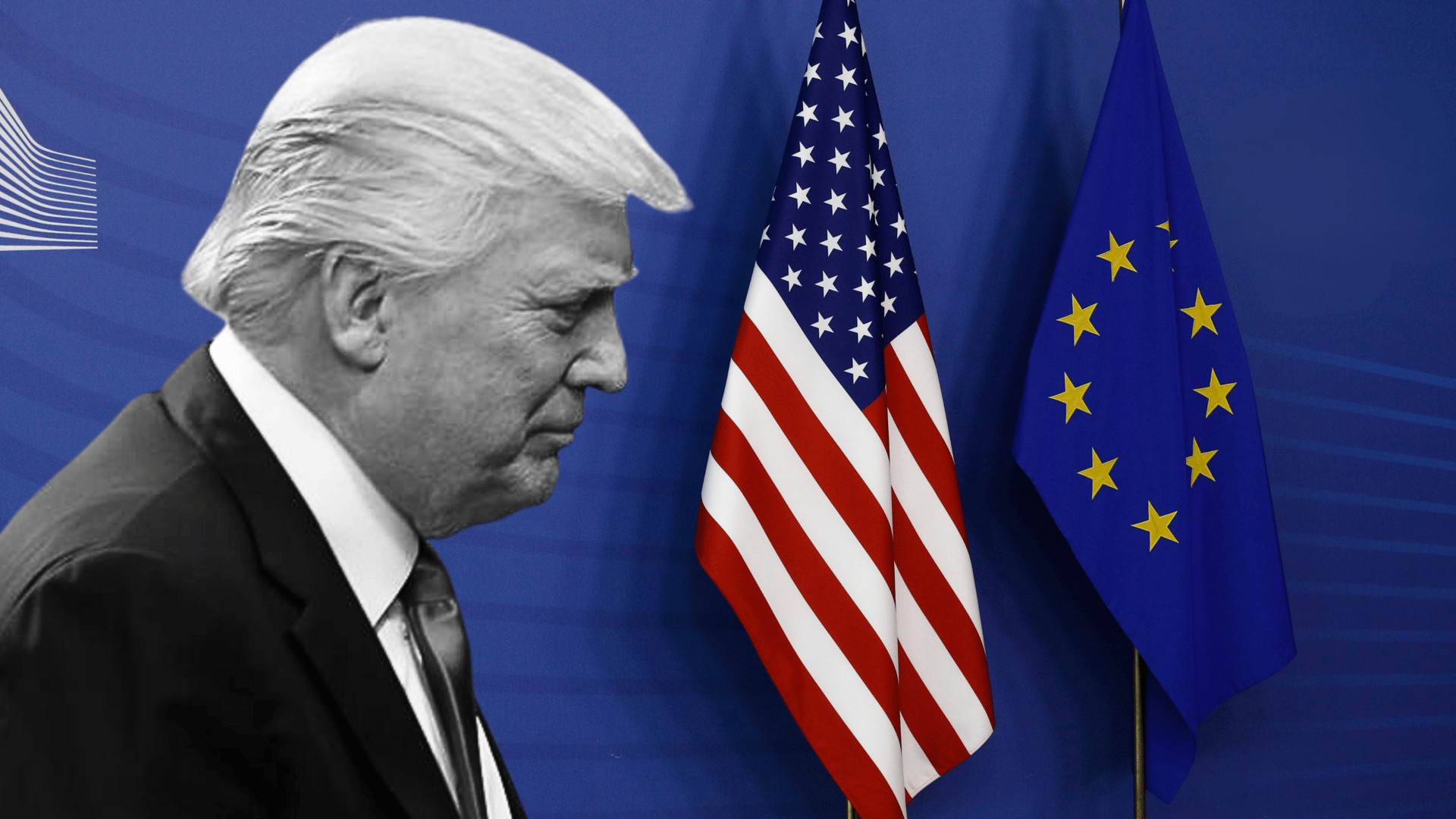Driving the news: The U.S. and European Union reached a broad trade deal Sunday that sets 15% tariffs on most EU goods including cars, while eliminating duties entirely on aircraft, semiconductors, and some agricultural products.
For context: The agreement dodges Trump's threatened 30% tariff increase that was set to take effect August 1.
The deal includes $750 billion in European energy purchases over three years and over $600 billion in additional U.S. investments.
German luxury brands like Porsche, Mercedes, BMW, and Volkswagen are expected to benefit the most.
Steel and aluminum tariffs of 50% remain in place but could be addressed in future negotiations.
Why it matters: The deal could potentially ease tensions between the two of the world’s largest economies and their interconnected trading relationship. For consumers, it means car prices and pharmaceutical costs won't spike as dramatically as they could have under Trump's threatened higher tariffs.
Looking ahead: In its current state, the agreement leaves major details unresolved and could face implementation challenges as both sides work out the specifics.

OUTSMART THE CAR MARKET IN 5 MINUTES A WEEK
No-BS insights, built for car dealers. Free, fast, and trusted by 55,000+ car dealers.










